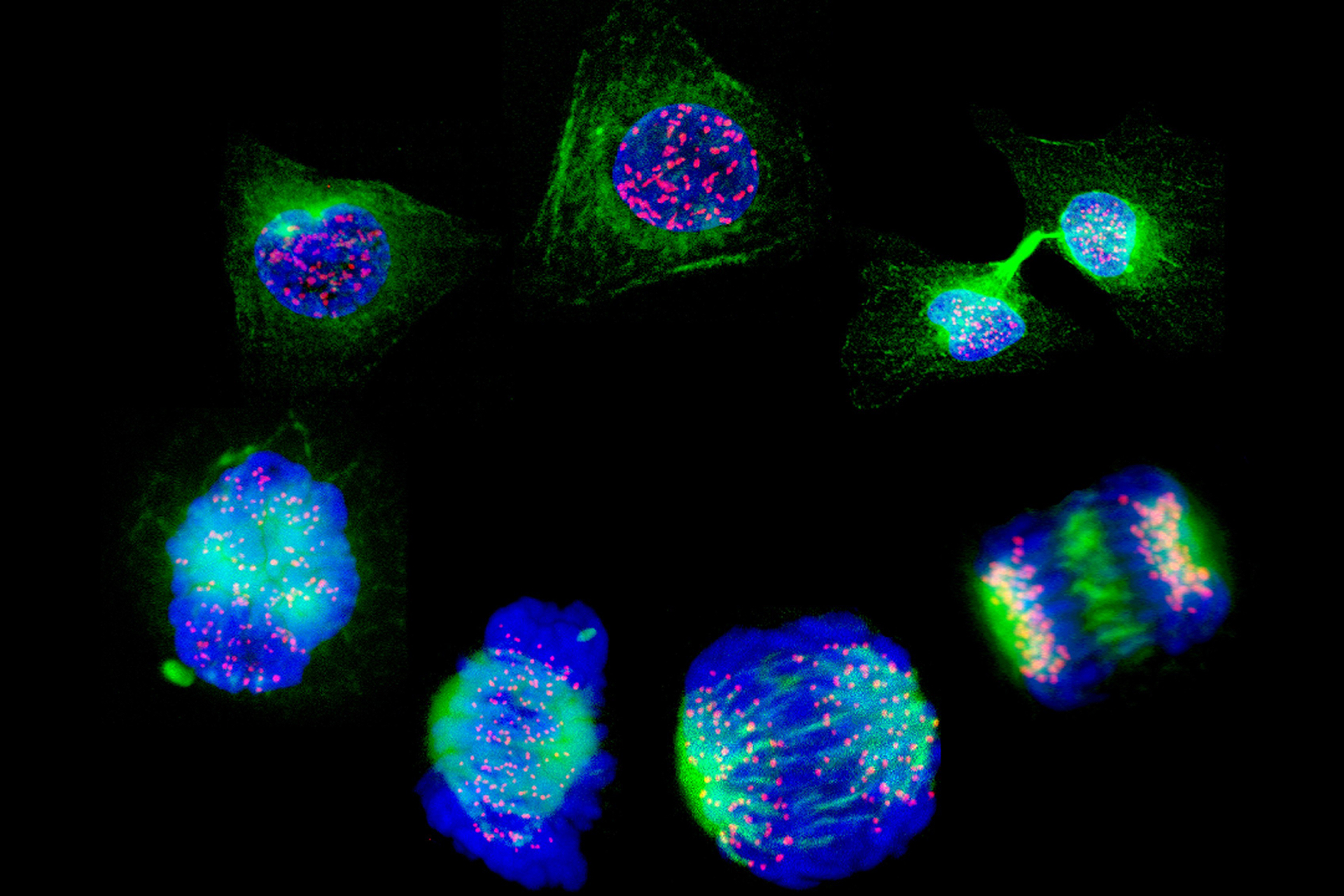A personalised form of genome-edited T-cell therapy has shown promising results for the treatment of solid tumours.
T-cell receptors are proteins expressed on the surface of T cells, a type of white blood cell responsible for identifying proteins expressed on abnormal cells such as cancer cells, and initiating an immune response. Tumour-specific T-cell receptors produced naturally by the body are insufficient to mount an effective immune attack against cancer cells. Scientists in San Francisco, California, isolated T cells from patients' blood, and edited the genome of the cells to incorporate genes coding for tumour-specific T-cell receptors. These genome-edited T cells were then infused back into the patients, to specifically redirect their immune systems to recognise and destroy their own cancer.
Professor Antoni Ribas of the University of California, Los Angeles, and corresponding author of a paper published in Nature, said, 'This study represents a significant leap forward in efforts to develop a personalised treatment for cancer that utilises isolated immune receptors that can specifically recognise mutations within a patient's own cancer.'
The research was the focus of a presentation at the 37th Annual Meeting of the Society for Immunotherapy of Cancer in Boston, where findings were reported from a Phase 1 clinical trial in which 16 patients with solid tumours, including colon, breast and lung cancer, were treated using genome-edited T cells.
Scientists identified up to three T-cell receptors per patient, each targeting a specific antigen found in the patient's tumour. Using the CRISPR/Cas9 approach to genome editing on the isolated T cells from the patients' blood, they were able to incorporate the genes coding for these specific antigens as a personalised treatment for each patient.
The therapy was well-tolerated, with only two patients developing side effects that were quickly resolved. The genome-edited cells were found to be the dominant immune cells recovered from post-infusion biopsies, and were seen to cause some tumour size reduction.
This approach does not require a viral vector as an intermediate, which are expensive to generate, and prone to errors. By eliminating the necessity for viral intermediates, it is hoped that this form of CRISPR-genome editing will be safer, more precise, and cost-effective.
Furthermore, this form of therapy is novel as it incorporates a patient's own T-cell receptors into engineered T cells, combining knocking-out genes and replacing them with substitute genes isolated from the same patient. This is unlike CAR T cell therapy, which uses chimeric antigen receptors, engineered to target antigens expressed on the surface of cancer cells. While CAR T cells have been successful in the treatment of blood cancer (see BioNews 1165), there have been significant hurdles preventing their application for the treatment of solid tumours.
Highlighting this approach as promising for the personalised, targeted treatment of solid tumours using engineered T cells, Dr Astero Klampatsa of the Institute of Cancer Research, London, who was not involved in the research, said, 'This study published today is important, as the first human trial in solid cancers showcasing the use of patient-specific, CRISPR-engineered T cells that are able to identify specific antigens, or "flags" on the patient's tumour cells, prompting them to kill them.'
Sources and References
-
PACT Pharma reports data from first clinical study using CRISPR to substitute a gene in patients' immune cells to treat cancer
-
Non-viral precision T cell receptor replacement for personalised cell therapy
-
CRISPR cancer trial success paves the way for personalised treatments
-
Cancer: First human trial of CRISPR-edited T cells for personalised cancer treatment
-
This personalised CRISPR therapy is designed to attack tumours
-
Personalised cancer treatment edges closer with CRISPR trial success
-
First use of CRISPR to substitute genes to treat patients with cancer





Leave a Reply
You must be logged in to post a comment.